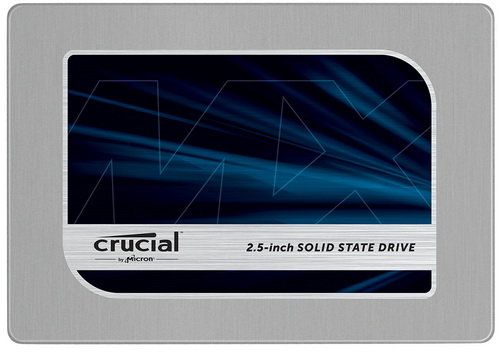INTRODUCTION

Even up to 3-4 years ago none of us here expected to see a time (at least not as fast) when manufacturers would be able to release solid state drives (SSDs) with really good performance levels that would cost as low as USD0.35 per Gigabyte. Of course back then we also didn't expect to see SSD models (at least not for many years to come) that would be able to max-out the SATA III (6Gb/s) standard so i have to say that things turned out much better than we'd hoped (still i think they could had been even better). Further price reductions however as we speak seem to be the primary goal most manufacturers have so more and more models land around the price/capacity mark mentioned earlier in an effort to attract even casual users to the world of SSDs. Crucial just recently released their BX100 and MX200 lines and since we last tested the entry-level BX100 250GB model today we'll be testing their high-end MX200 250GB model.
Crucial.com is a leading online retailer specializing in computer memory (RAM) and solid state drives (SSD), and is operated by a subsidiary of Micron Technology, Inc., one of the world's leading manufacturers of computer memory products. Crucial.com offers more than 250,000 compatible products for nearly every computer system: home and business, old and new, PC and Mac® computers. Utilizing a suite of easy-to-use, free online tools, including the Crucial® System Scanner and the Crucial Memory Advisor™ tool, crucial.com makes it easy to find a compatible upgrade to improve computer performance and restore system reliability.
Unlike the BX100 and most SSDs released by Crucial to date the MX200 can pretty much cover every consumer in the market since it currently is available in 2.5" (250/500GB and 1TB), mSATA, and M.2 flavors (250/500GB) something which we don't see much in the market by other manufacturers. Also again unlike the BX100 the MX200 makes use of the Marvell 88SS9189 NAND flash controller (same as the in the MX100 just with several firmware updates) and features an MTBF of 1.5 million hours, AES 256-bit encryption, TCG Opal 2.0 & IEEE-1667 (eDrive is supported) and support for DevSleep (power saving). The 250GB variant which we're testing today also features 80TBW (8 more compared to the MX100 250GB) and the latest Dynamic Write Acceleration technology by Crucial (the higher capacity models don't seem to need it) which basically makes use of a small amount of NAND as SLC write-cache to increase write performance levels. So we all know how the BX100 performs but what about the MX200?

 O-Sense
O-Sense







.png)

